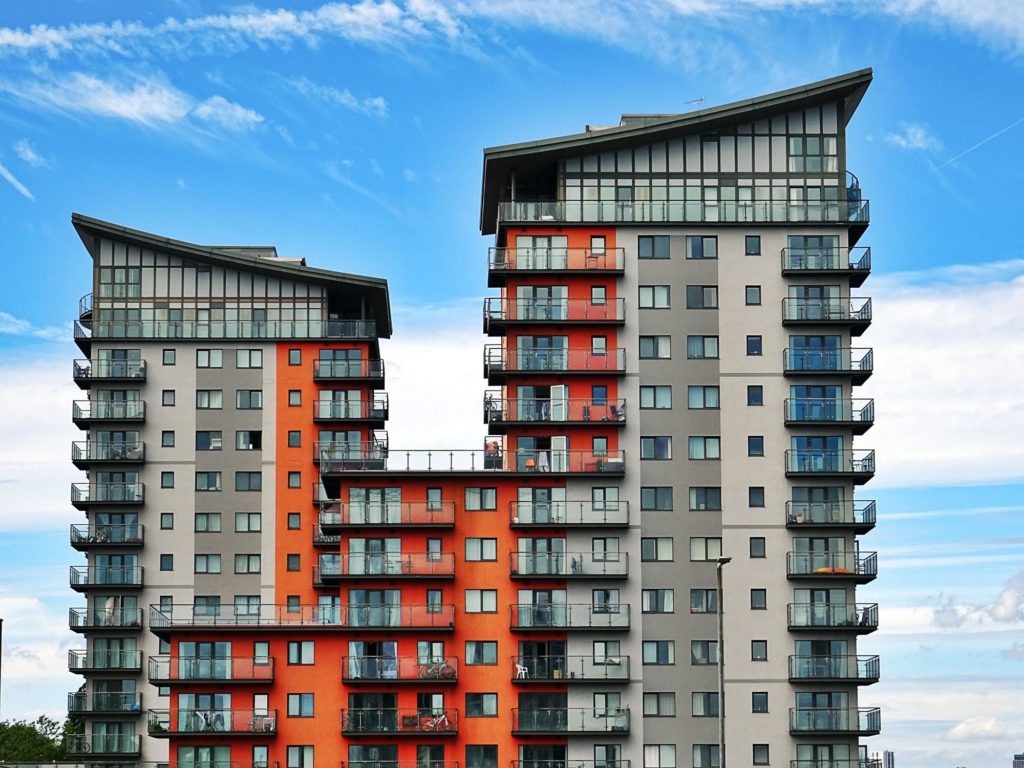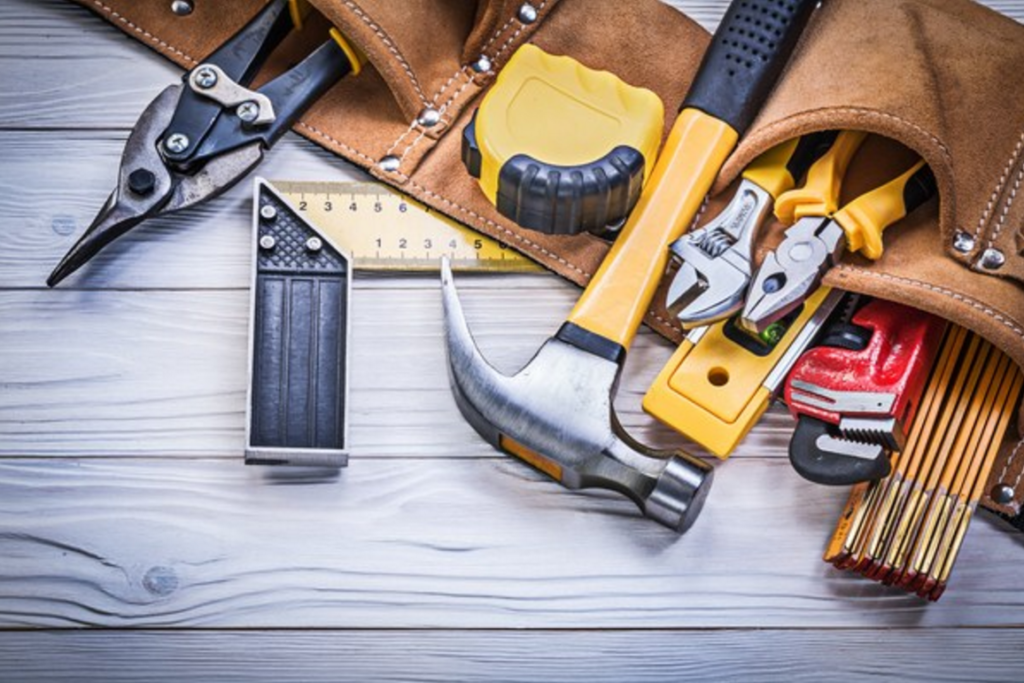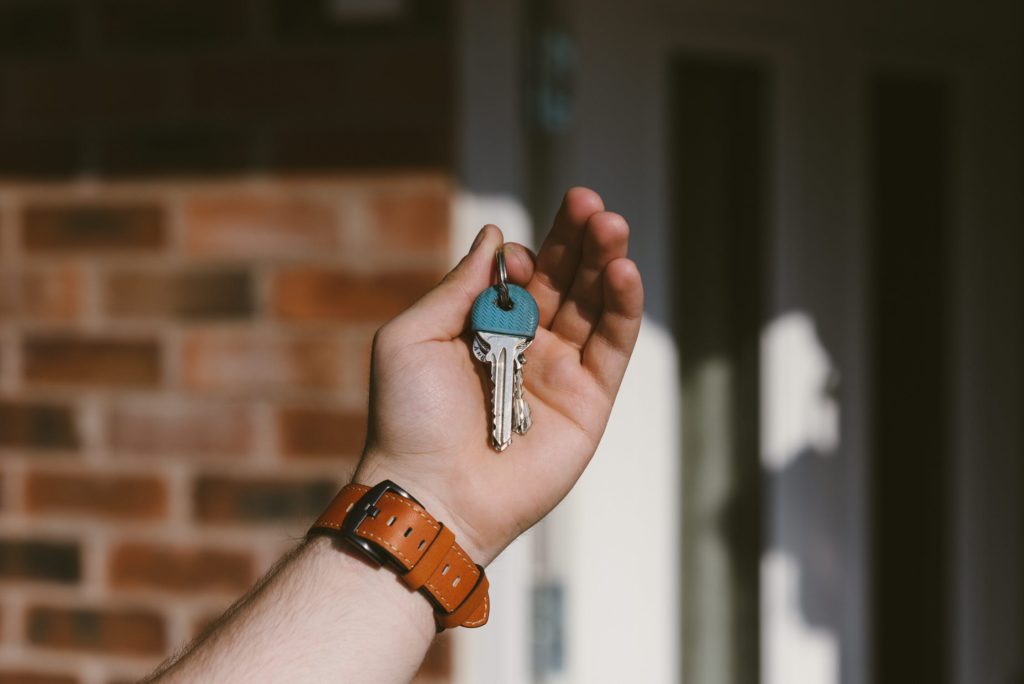A million dollars is a considerable amount of money, and if you are looking to invest this amount, there are various options available to you. You will need to consider all the options carefully and ensure you select the one you are most comfortable with and offers the least risk. When investing your money, you need to be aware that you can lose some or all of it, depending on the risk of the investment you take.
Below are some options that you may want to consider using your million dollars to invest in that offer decent returns and get your money working for you.

Investing In Property
You can decide to put your million dollars into property, and you can buy a house with your money and keep it as an investment. If you wanted, you could rent the property out to receive a monthly income from it, which can also help safeguard your investment. The property will require maintenance, and you can use the rent money you get to pay for the house’s upkeep. Keeping the house in excellent condition will help it retain and hopefully increase its value. You can see excellent returns on your investment.
Investing In Gold
Since the global pandemic, the price of gold has reached record highs, and it is an attractive investment for many people. A million dollars will get you around 12kg of gold, which is a sizeable investment. However, you will also need to consider where you will store your gold, and most options have some cost involved. When you buy from a reputable Brisbane gold bullion dealer, you can often keep your purchase with the gold dealer at a monthly cost. You can also store your investment in a safety deposit box which also has costs involved. If you decide to store your investment in your home, you will need a secure safe and suitable insurance policy to safeguard your investment. To find gold bullion dealer near, head over to Google and do a quick search.
Investing In Stocks & Shares
You can consider investing your million dollars in the stock market, but you will need to know what you are doing to keep it safe, or use the services of a reputable broker. Depending on the stocks you invest in, the stock market can be highly volatile, and there is a high chance you can lose your money in part or all of it. As such, you will want to invest in various stocks instead of putting all your eggs in one basket.
Investing In Cryptocurrency
You can also consider investing your million dollars in cryptocurrency, but this can be a highly volatile market. The price of the various cryptocurrencies is prone to big swings up and down. If you decide to invest in cryptocurrency, you may want to consider adding various ones to your investment portfolio, which is a much safer option.
If you are looking to safeguard your investment, it is often best to diversify it and spread it in different options. Having all your eggs in one basket can be devastating when your investment collapses, and you can lose everything.





